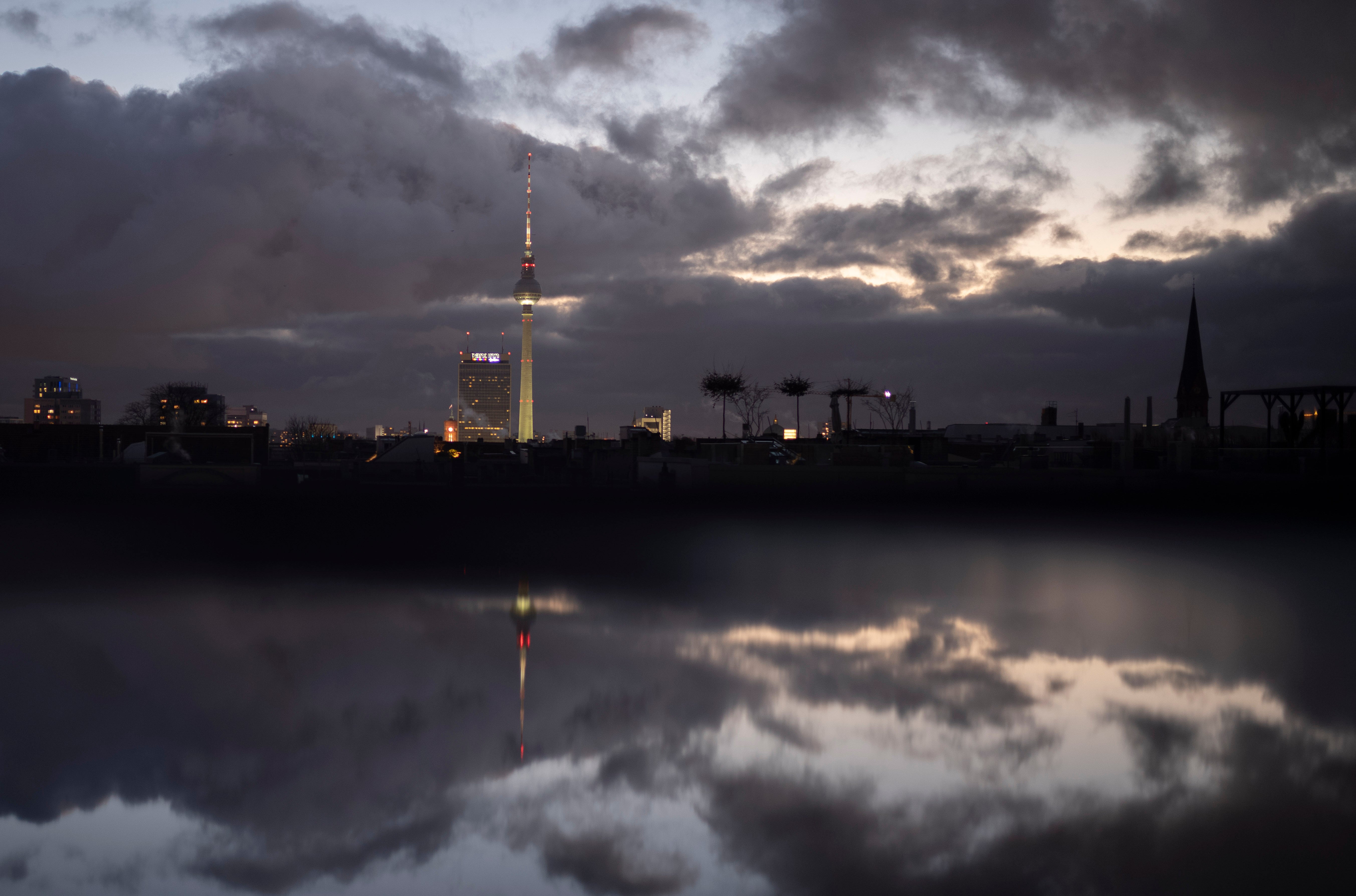Germany set to decide on post-Christmas COVID restrictions
Germany’s leaders are set to decide on new restrictions after Christmas aimed at slowing the spread of the new omicron variant of COVID-19, but plans so far fall short of a full lockdown

Your support helps us to tell the story
From reproductive rights to climate change to Big Tech, The Independent is on the ground when the story is developing. Whether it's investigating the financials of Elon Musk's pro-Trump PAC or producing our latest documentary, 'The A Word', which shines a light on the American women fighting for reproductive rights, we know how important it is to parse out the facts from the messaging.
At such a critical moment in US history, we need reporters on the ground. Your donation allows us to keep sending journalists to speak to both sides of the story.
The Independent is trusted by Americans across the entire political spectrum. And unlike many other quality news outlets, we choose not to lock Americans out of our reporting and analysis with paywalls. We believe quality journalism should be available to everyone, paid for by those who can afford it.
Your support makes all the difference.Germany s leaders are set to decide on new restrictions to come in after Christmas aimed at slowing the spread of the new omicron variant of COVID-19, but plans so far fall short of a full lockdown.
Chancellor Olaf Scholz and Germany's 16 state governors plan to consult later Tuesday after the government's new panel of experts called for action to be taken within days and said that nationwide measures are needed, “in particular well-planned and well-communicated contact restrictions.”
Officials have said that night clubs likely will be closed regardless of local infection rates, on which closures currently depend. There are likely to be further restrictions on crowds at major events, while new contact restrictions are expected to be introduced for vaccinated people — with gatherings reportedly to be capped at 10 people.
Restrictions already in place target mainly the unvaccinated, with proof of vaccination or recovery required to enter nonessential stores among other things.
Authorities have scrambled to speed up a booster campaign, with an average of around a million vaccine shots administered per day over the past week, the highest level of the pandemic so far. But they remain dissatisfied with the number of people who have been vaccinated in the first place — the proportion of the population that has received a full first round of vaccine stands at 70.3%, short of the minimum 75% the government aimed for.
Germany's infection rate is, for now, drifting downward slowly. On Tuesday, the national disease control center recorded 306.4 new cases per 100,000 residents over the past seven days, down from 375 a week earlier, with 23,428 cases reported over the past 24 hours.
However, Health Minister Karl Lauterbach has warned that Germany faces “a massive fifth wave” because of omicron, which he says can't realistically be prevented. All the same, he said on Sunday that there won't be a lockdown before Christmas.
The disease control center, the Robert Koch Institute said Monday that people who have recovered or had a full first round of vaccine now face a “high” risk of infection, while it is “moderate” for those who have received a booster. It said the risk is “very high” for the unvaccinated.
___
Follow AP’s coverage of the coronavirus pandemic: https://apnews.com/hub/coronavirus-pandemic
Subscribe to Independent Premium to bookmark this article
Want to bookmark your favourite articles and stories to read or reference later? Start your Independent Premium subscription today.